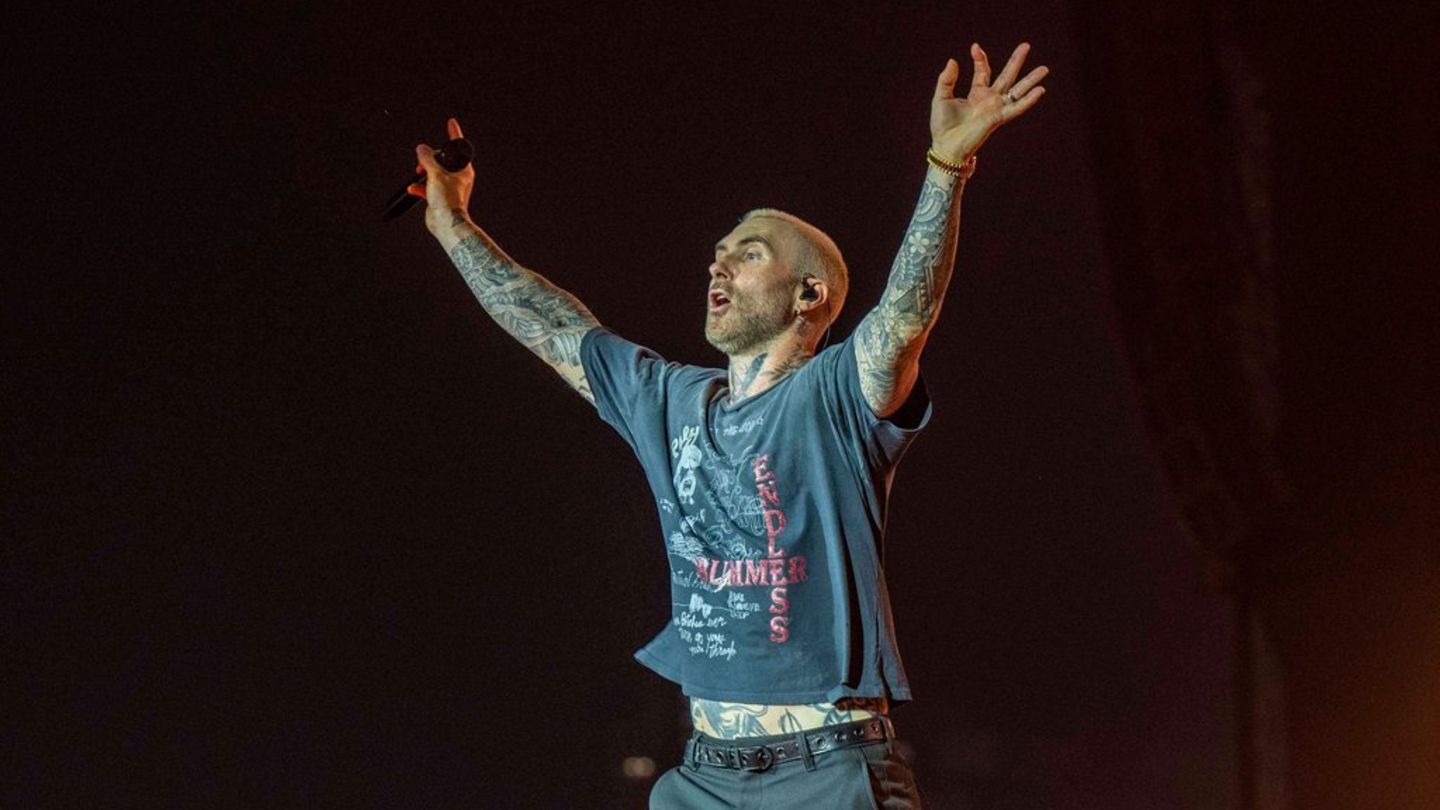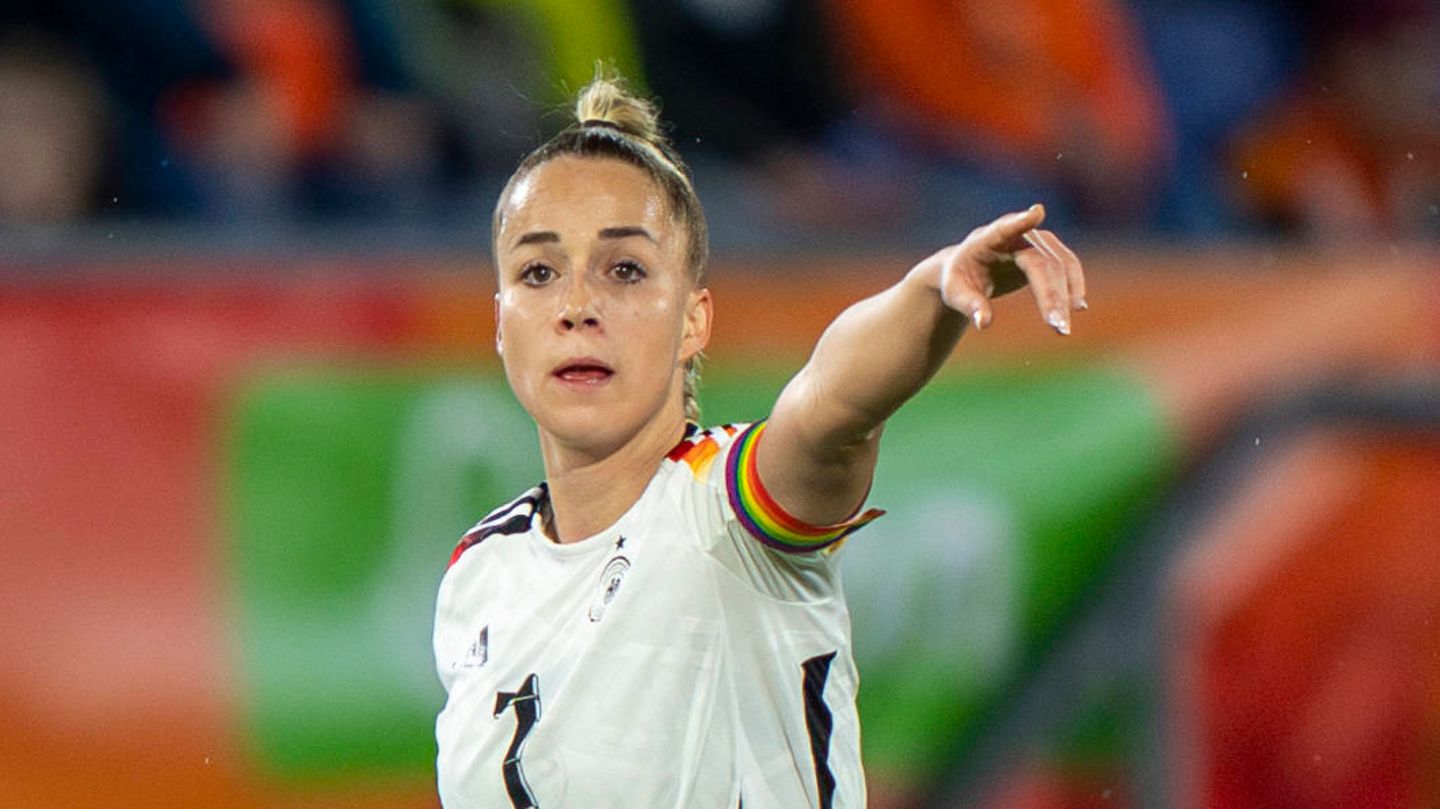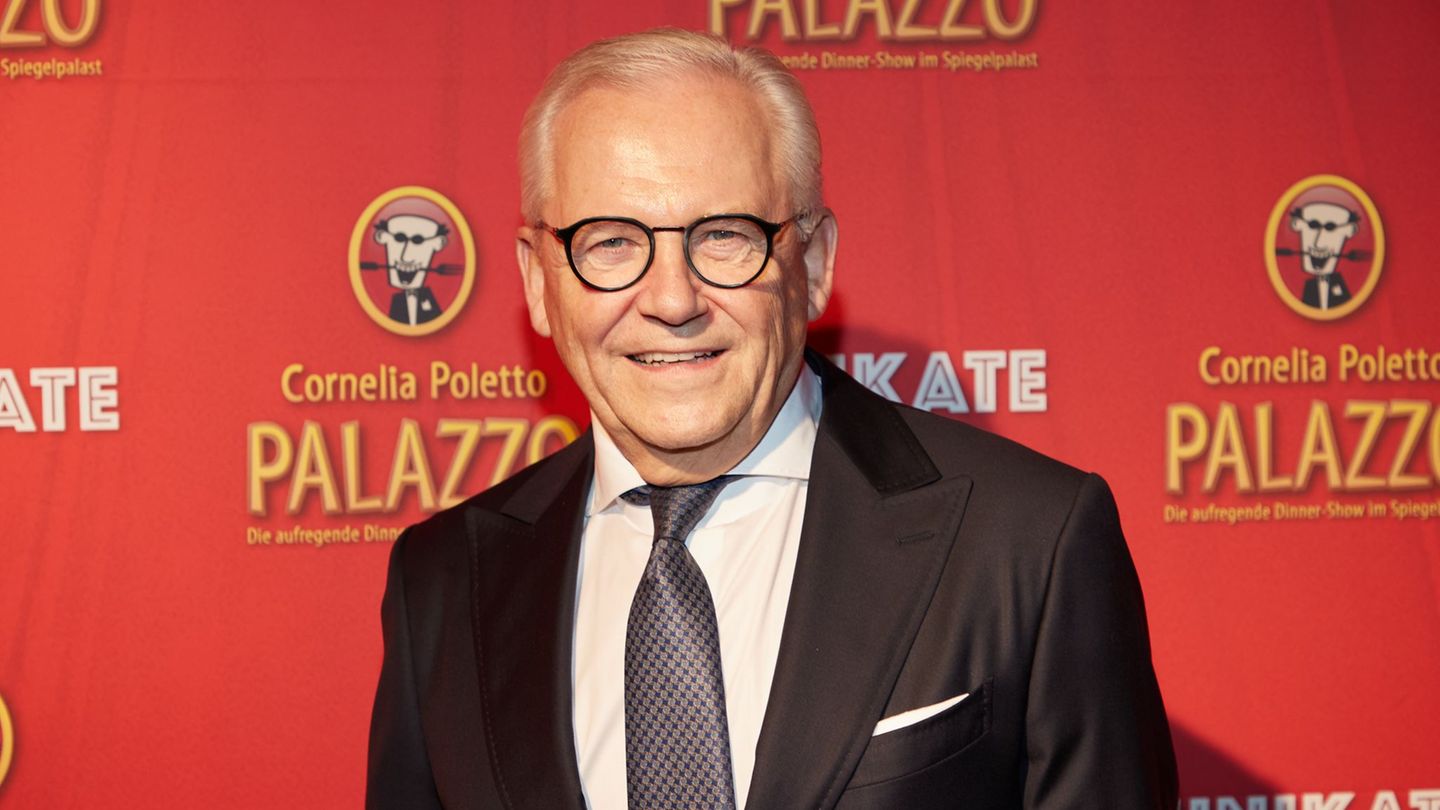Fair trade products are generally more expensive. Last year, consumers spent more money on them than the year before. One product remains the sales champion.
Despite high inflation and low consumer demand, the business with fairly traded products remained stable last year. Fair trade has “developed solidly and once again demonstrated its resilience in the fight for global justice,” explains Matthias Fiedler, Managing Director of the Fair Trade Forum (FFH).
Consumers spent almost 2.34 billion euros on fair trade products – an increase of 7.3 percent compared to the crisis-ridden 2022 financial year, according to the FFH annual balance sheet. Taking into account the average inflation of 6.3 percent last year, this corresponds to a slight increase in sales, even if there were slight declines in sales.
In 2023, consumers in Germany spent an average of 27.61 euros per capita on fairly traded food, textiles and handicraft products. According to the figures, most of the money was again spent on food, which accounted for 82 percent of total sales. Textiles accounted for 9.5 percent of sales, flowers 5.9 percent and handicrafts, cosmetics and other non-food products another 2.5 percent.
Despite lower sales: coffee remains sales champion
Roasted coffee continues to be the “undefeated champion” of fair trade, with a share of 38.6 percent of total sales. Sales of fair trade coffee rose by 16 percent last year. At the same time, however, sales fell by three percent. The reason: in 2023, less coffee was drunk in Germany overall, according to the FFH. The general decline in sales was 1.5 percent compared to the record year of 2022. The market share of fairly traded coffee in total sales of roasted coffee is 5.5 percent. According to the FFH, world market prices for coffee were also relatively high in 2023.
Source: Stern




